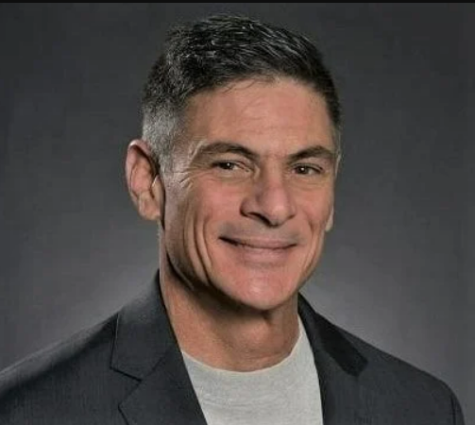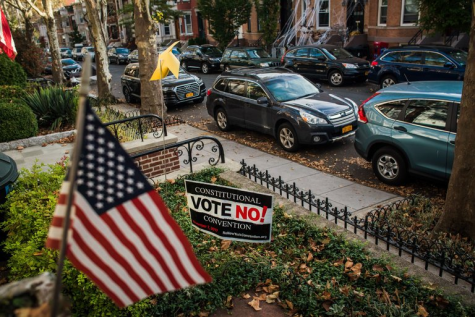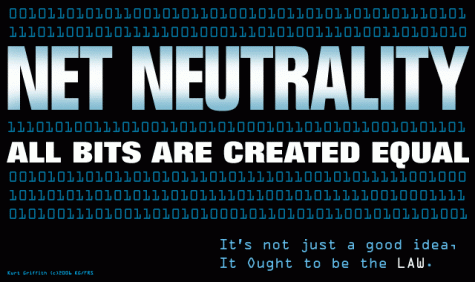Obama and Putin Brawl at UNGA

Presidents Barack Obama and Vladimir Putin dueled at the United Nations National Assembly (UNGA) on September 28. This dueling was not fought physically, but rather verbally through their opposing speeches. They each presented their opinion on the Syrian crisis and the best way of bringing peace to the Middle East. Obama defended diplomacy while Putin wanted to mount a broad effort to support Syria’s president. Obama, in layman’s terms, threw major shade at Putin, claiming “dangerous currents risk pulling us back into a darker, more disordered world.” Putin, rather, believes that the best way to prevent the spread of the Islamic State and other terrorist groups is to support the president of Syria, Bashar al-Assad, so he may eradicate these threats.
There were plenty of looks and “verbal jousting” between the two during these morning speeches. Both Putin and Obama attempted to shift each other’s position on the issues at hand. The implications of embracing Putin’s plans would be accepting a Russian role in the region. The White House can only hope that the rising cost of backing Mr. Assad will lead to his departure.
Throughout the meeting, neither president seemed to shift his ideas or try to lessen his divisive relationship. The White House, however, did agree to hold talks concerning military actions to ensure that no accidents will occur that can lead to Russo-American military confrontation. The United States is ready to work toward a solution with Russia and Iran, but wants to avoid any more bloodshed. Obama proposed a “managed transition” of Mr. Assad, whereby Mr. Assad would be slowly removed from power. Putin, to the contrary, views Assad’s actions as a valiant force in fighting terrorism and wants to build up the Syrian military to prevent more conflicts through armed occupying forces. The Russians insist upon the legitimacy of Syria’s government and the necessity of supporting it. And although neither president came to a compromise, it was mutually agreed upon that the meeting has the potential as a stepping stone to solving the Syria crisis.






